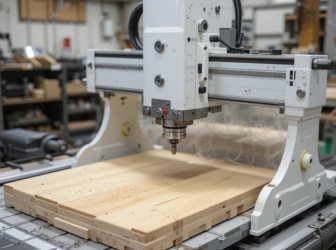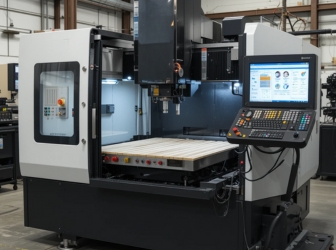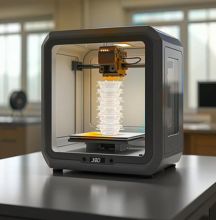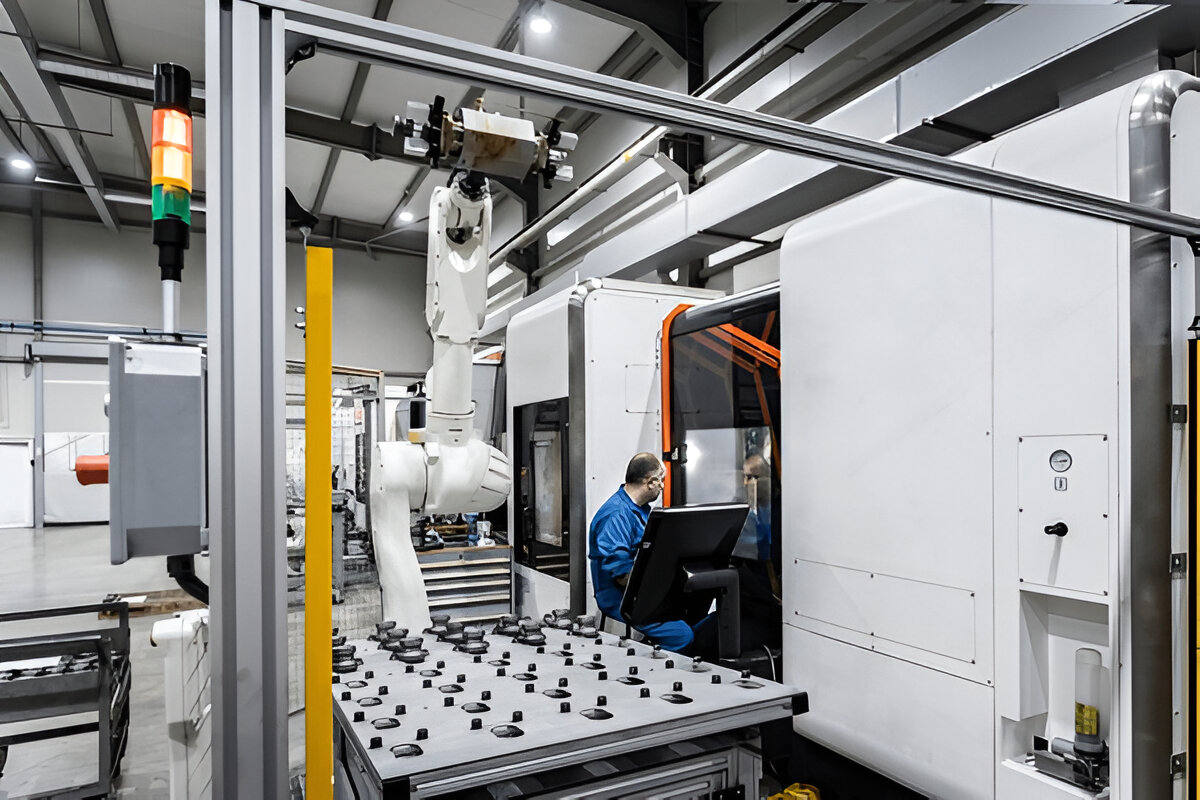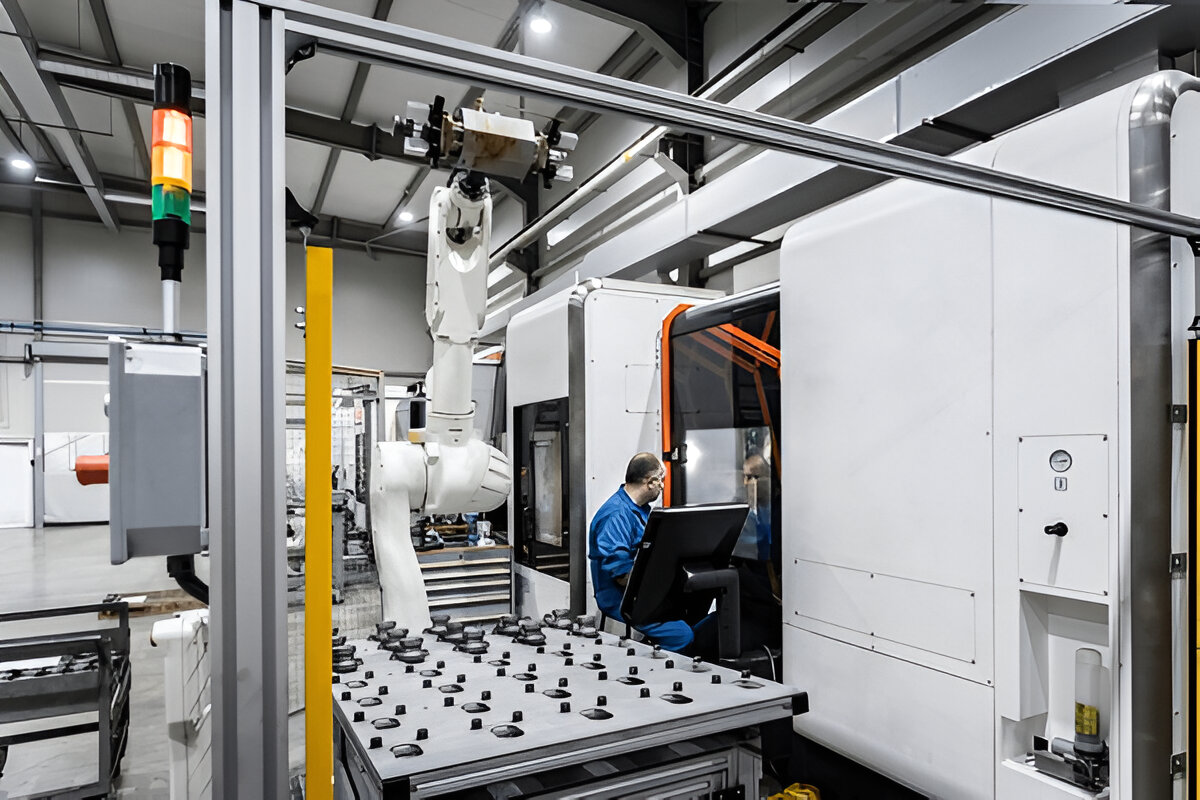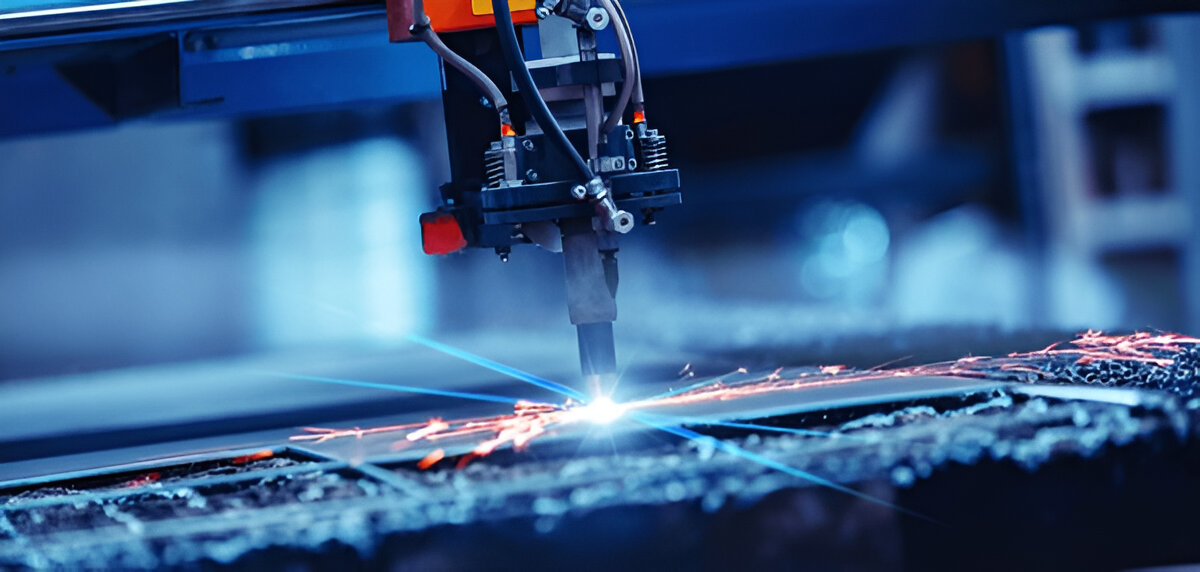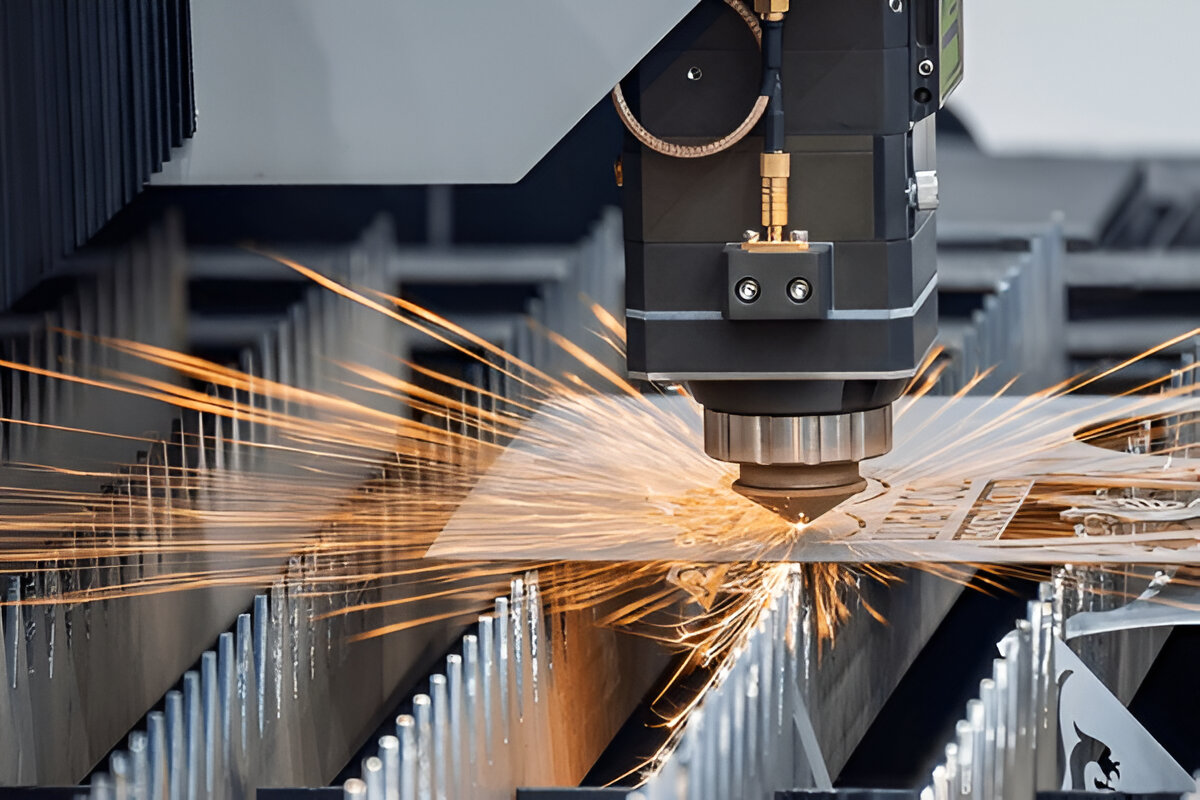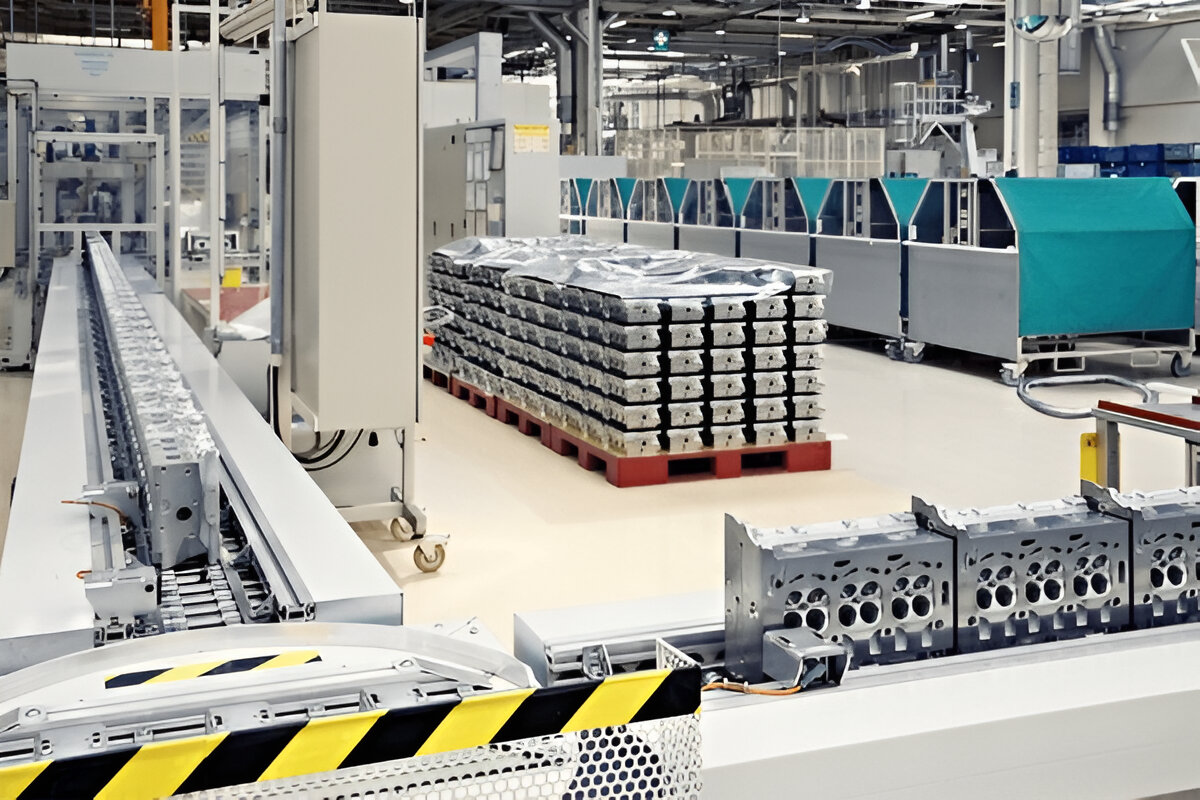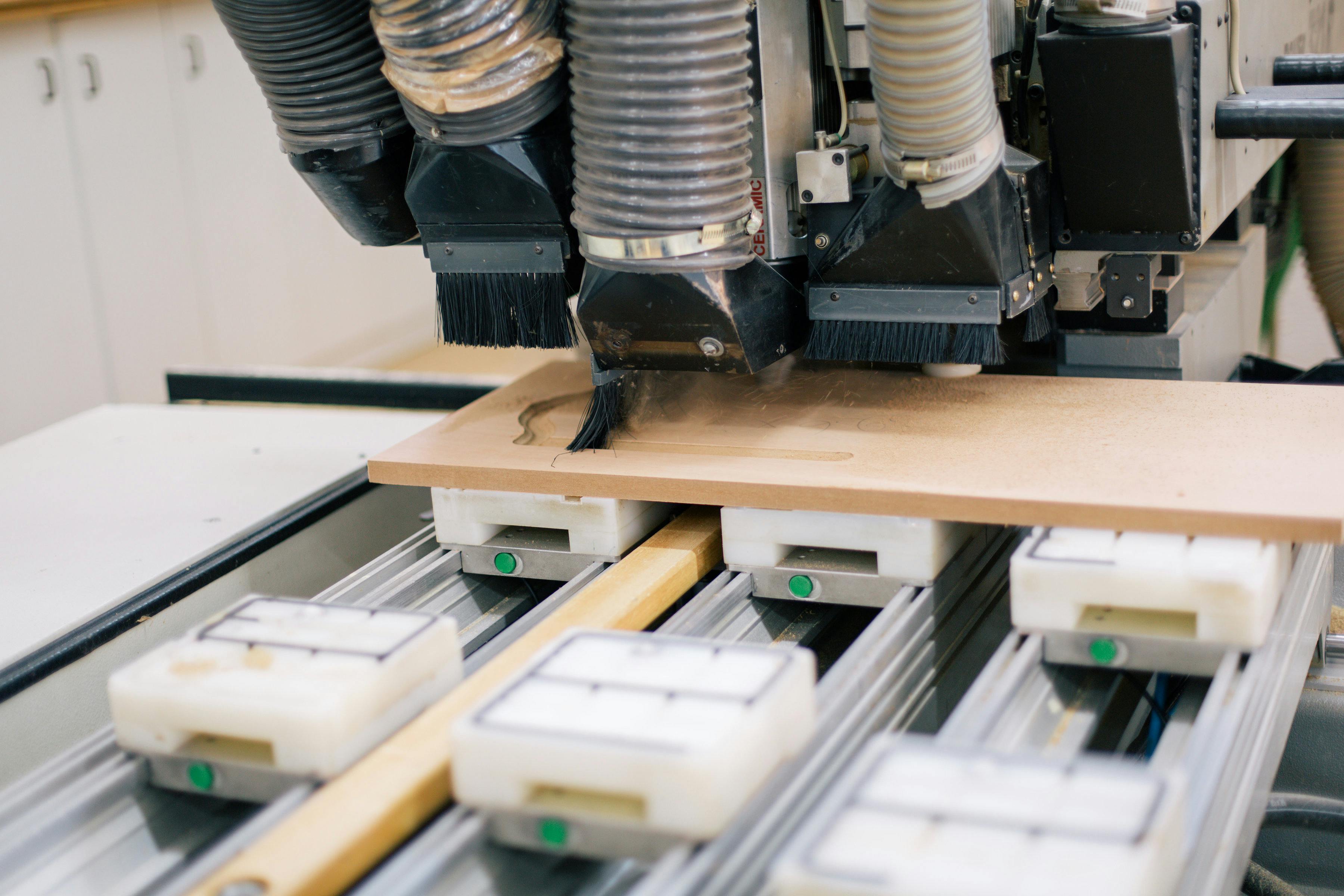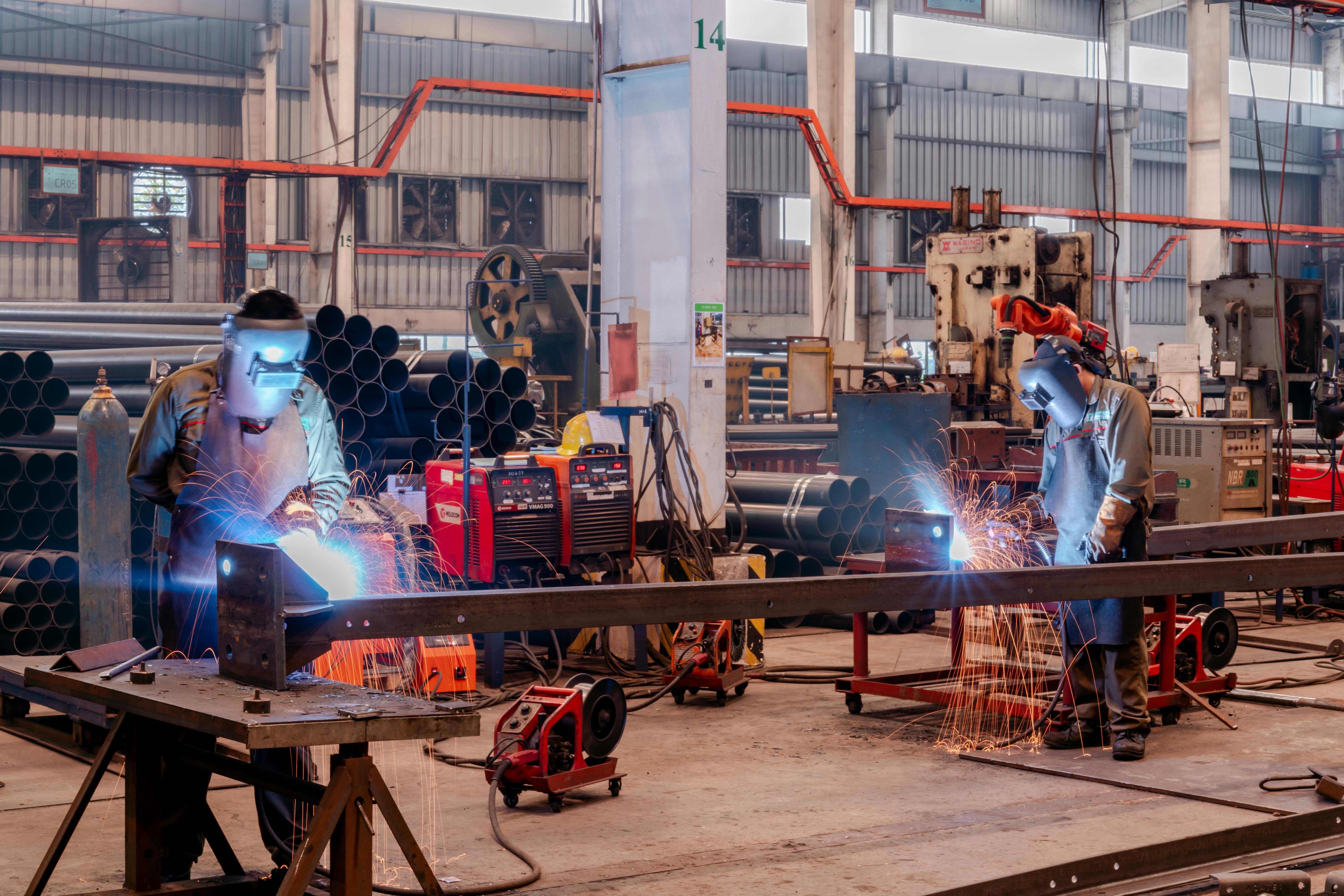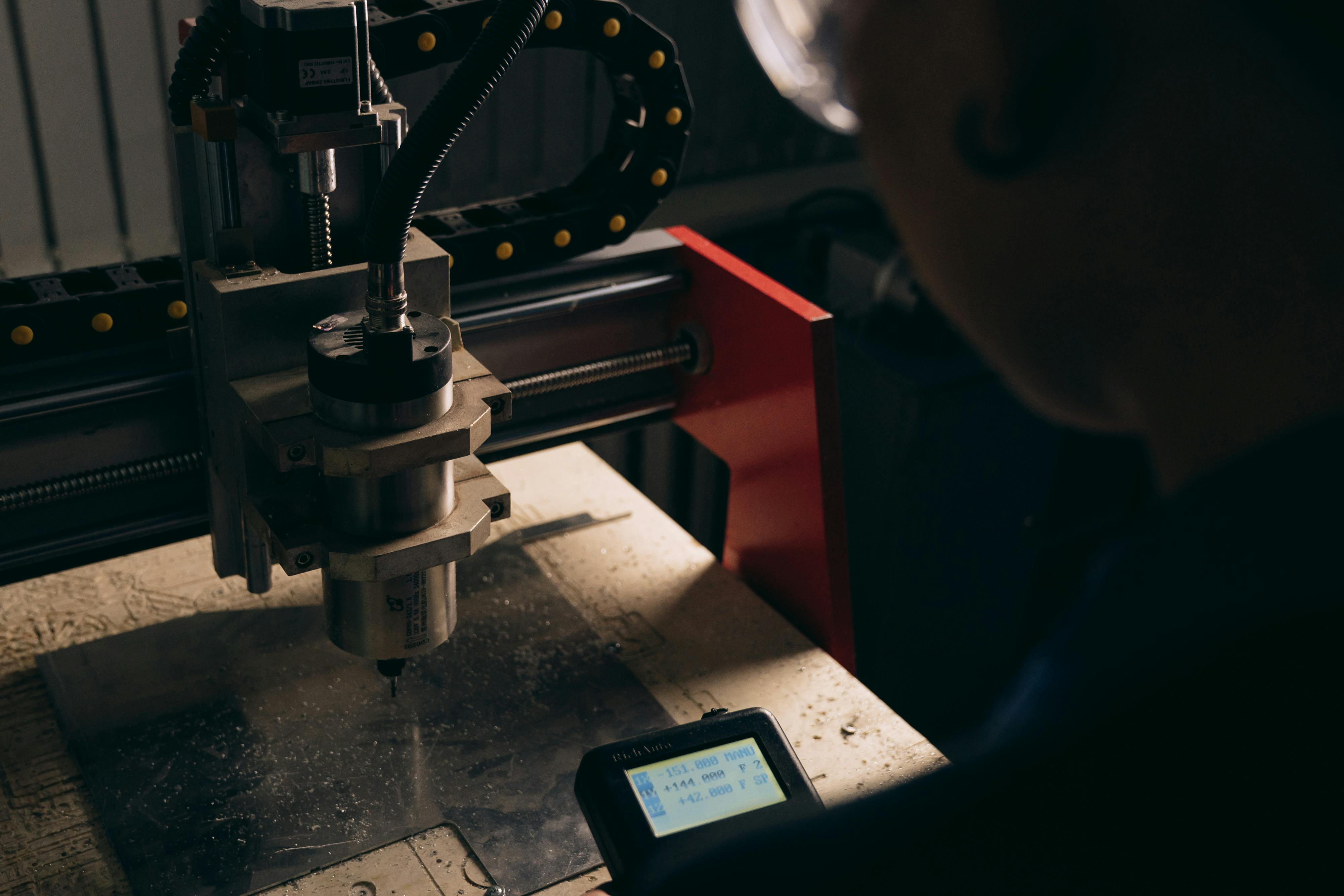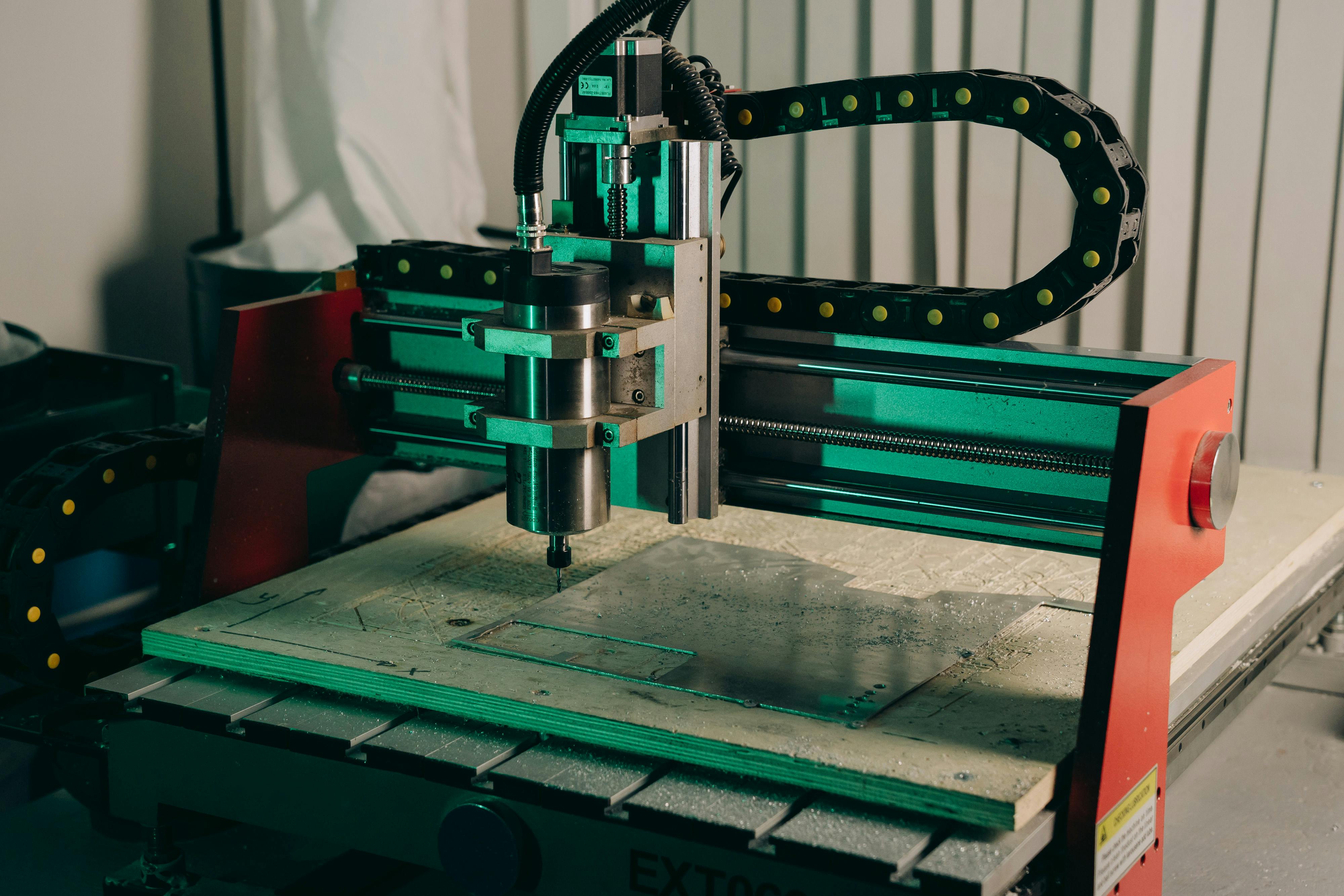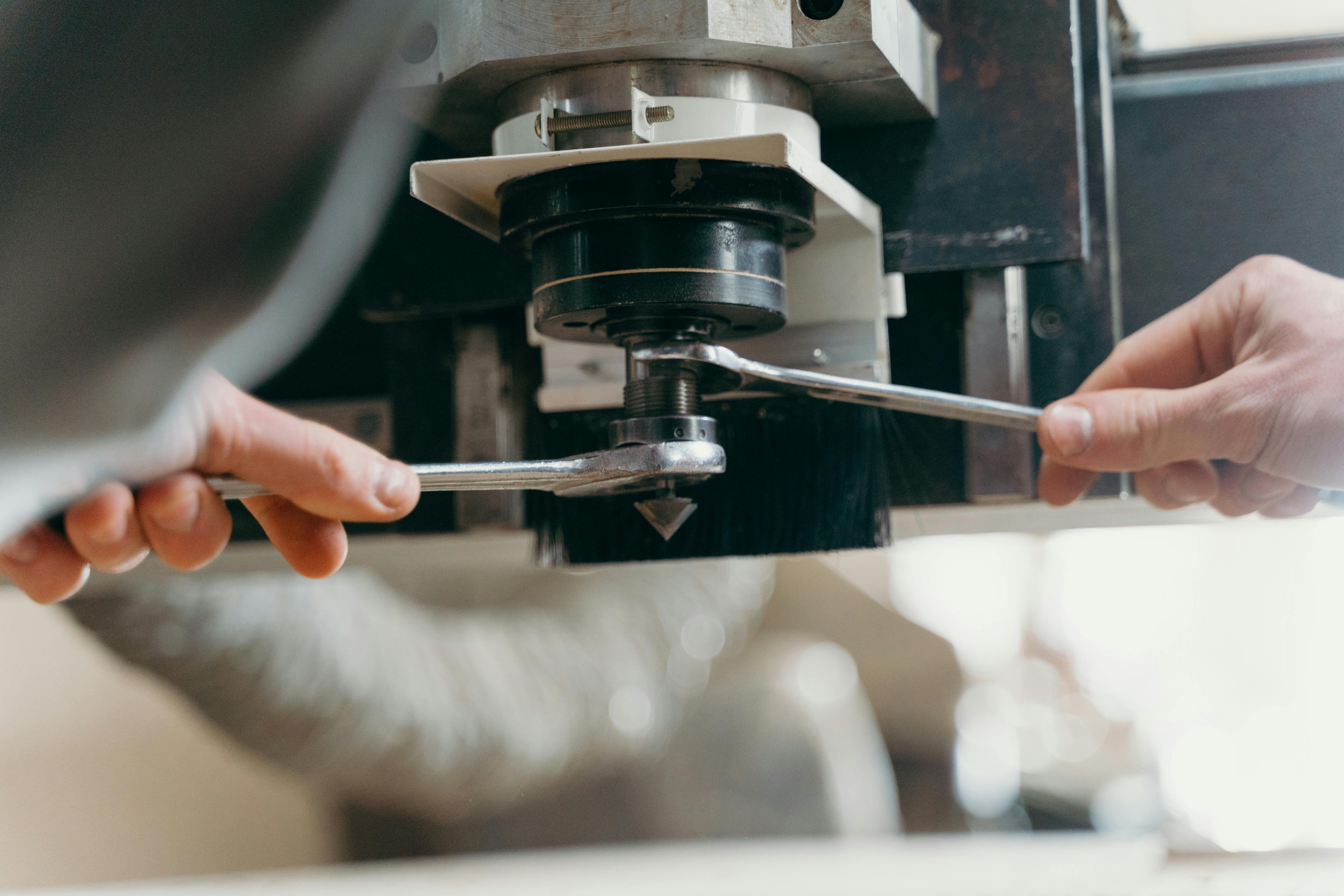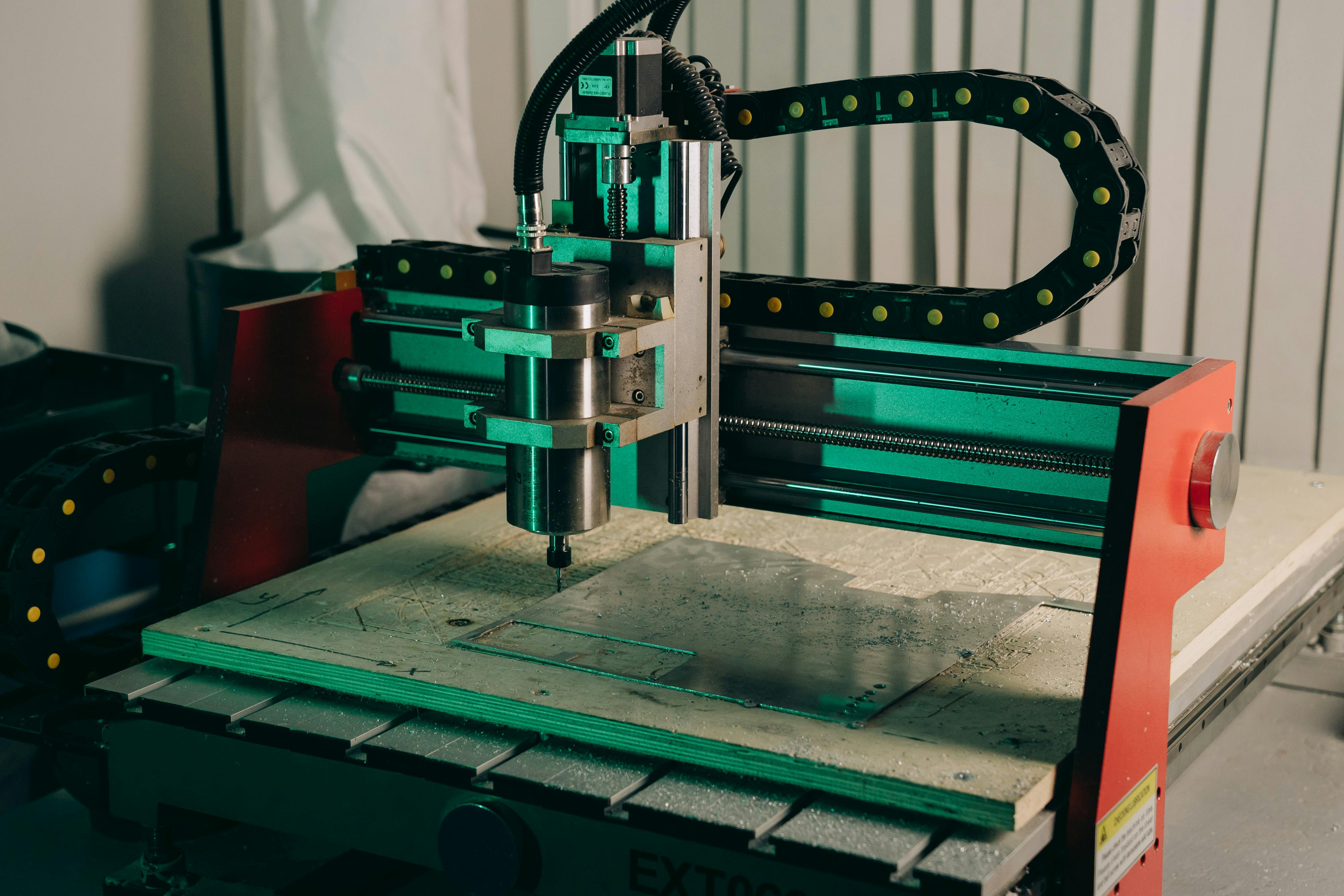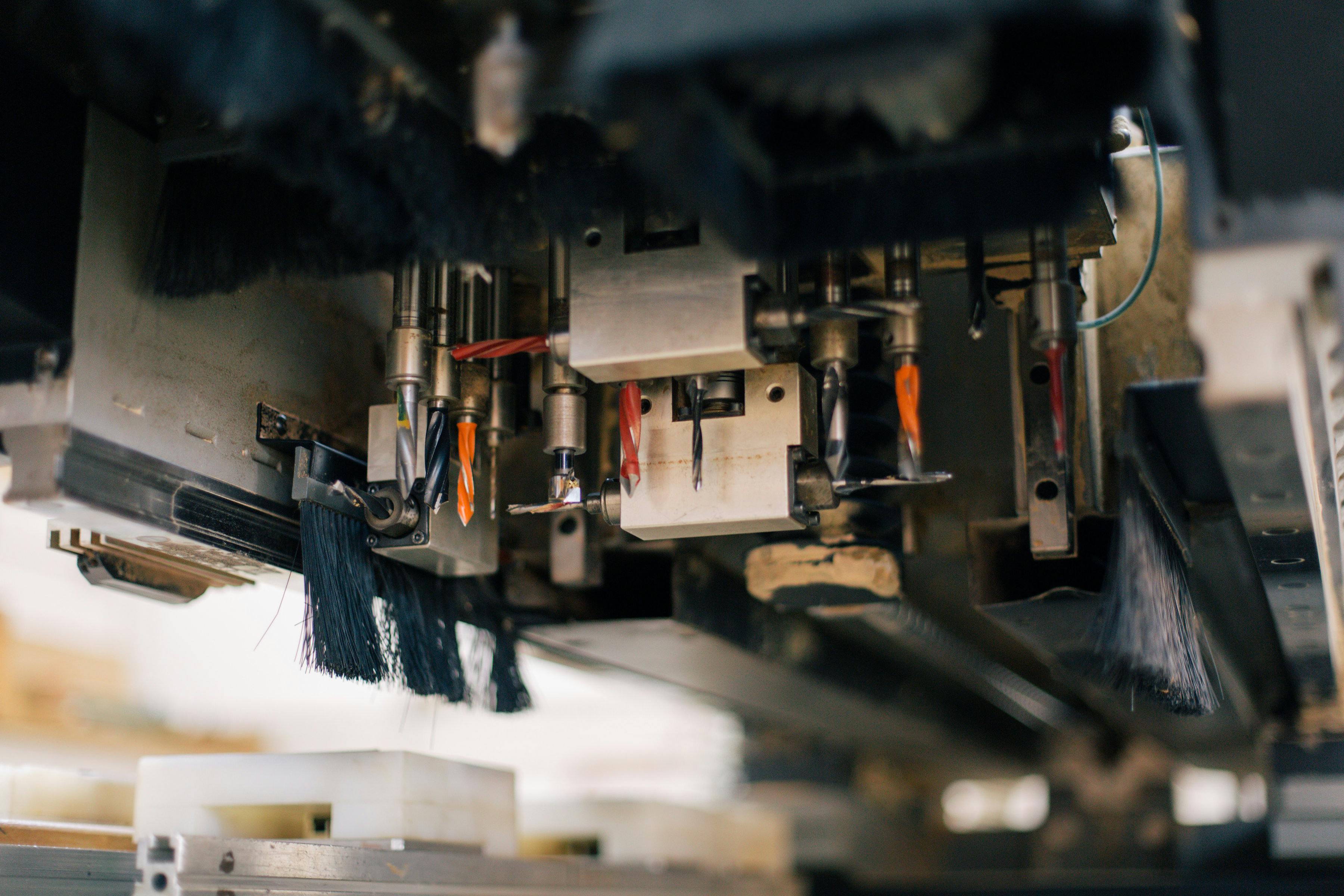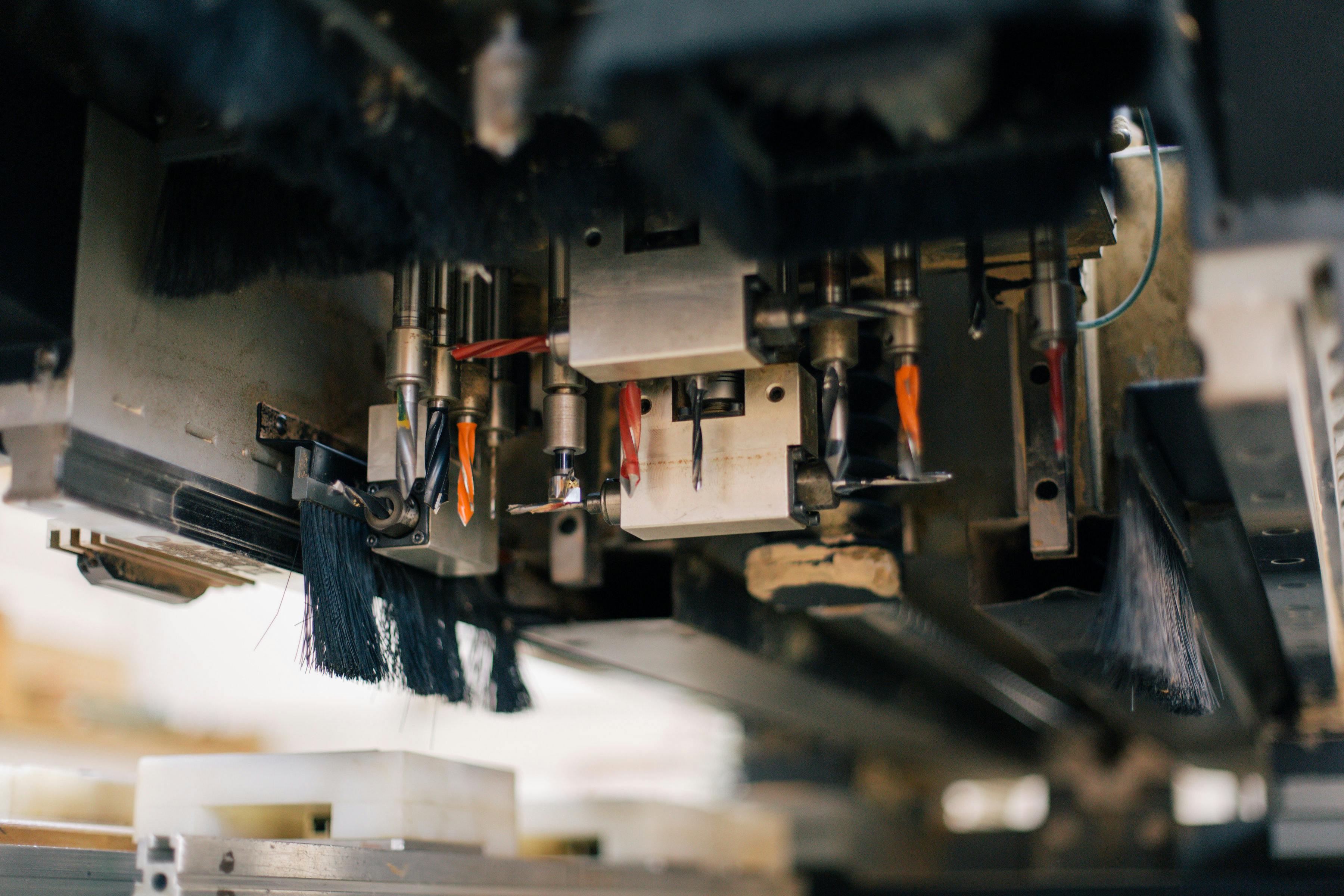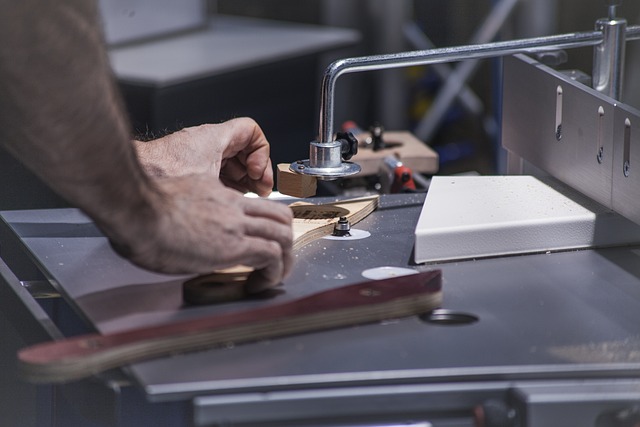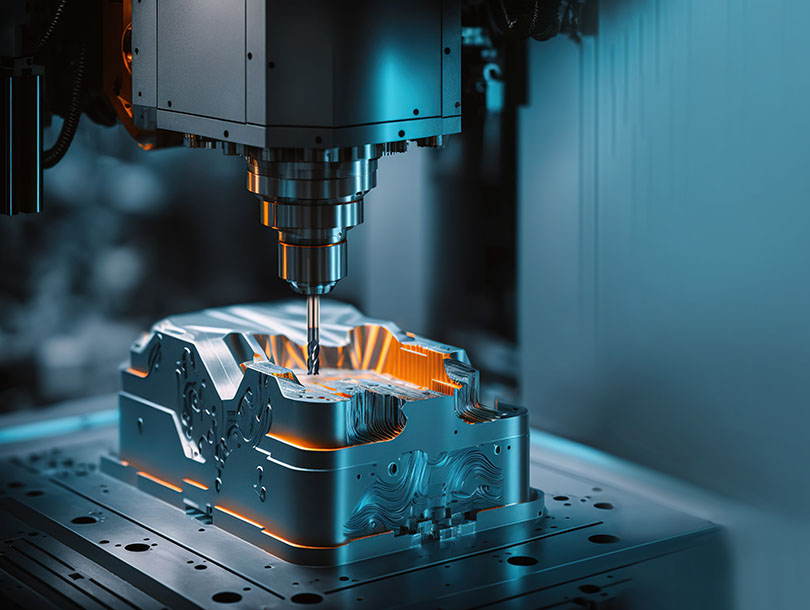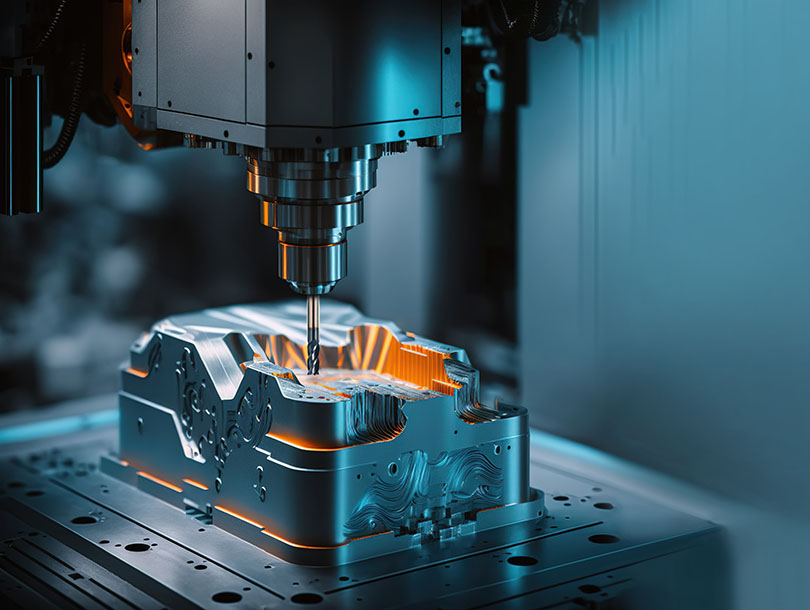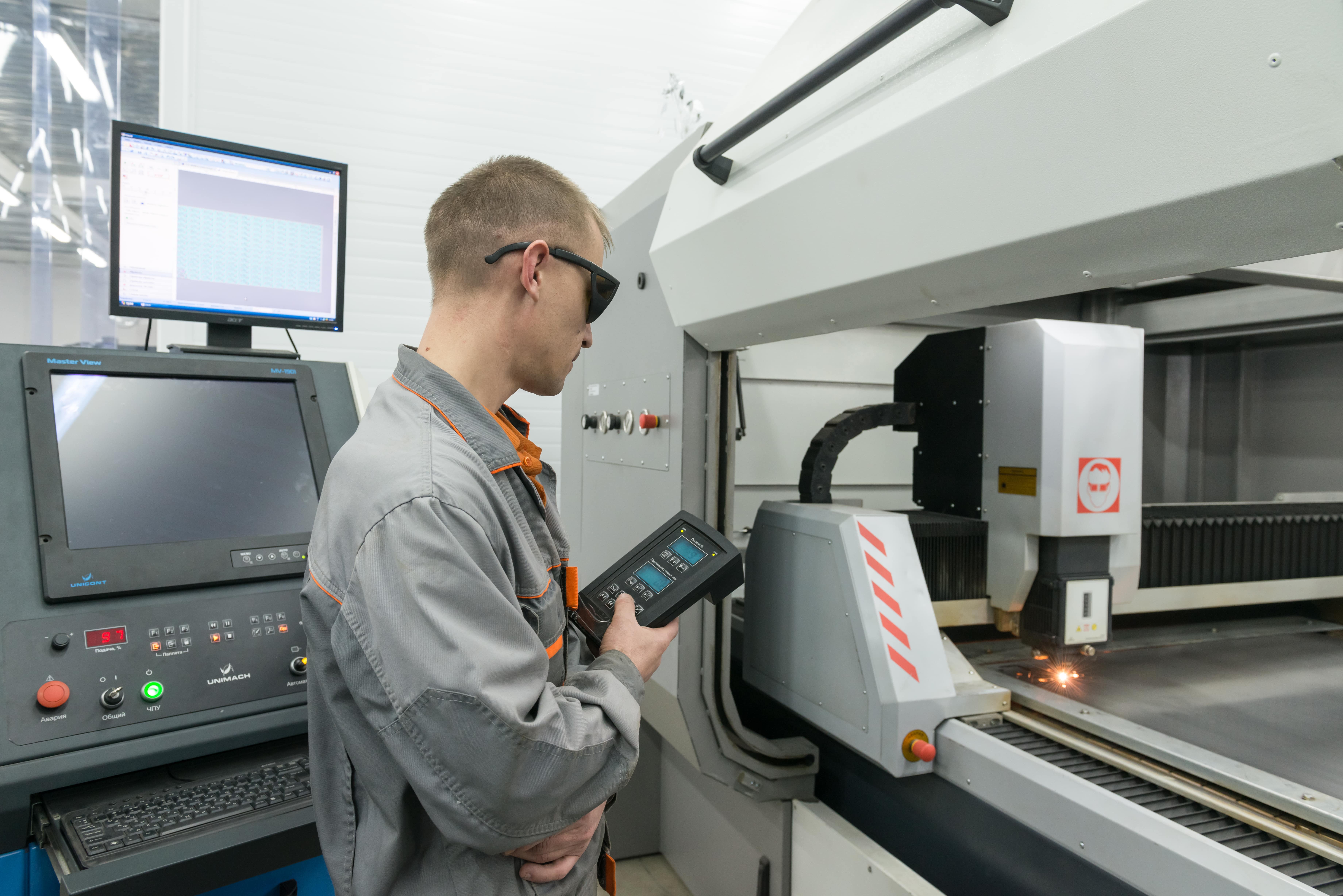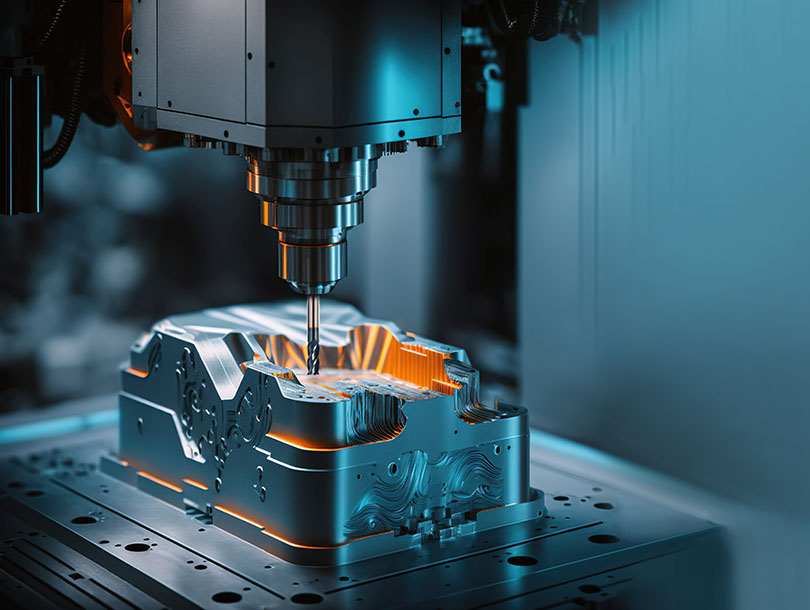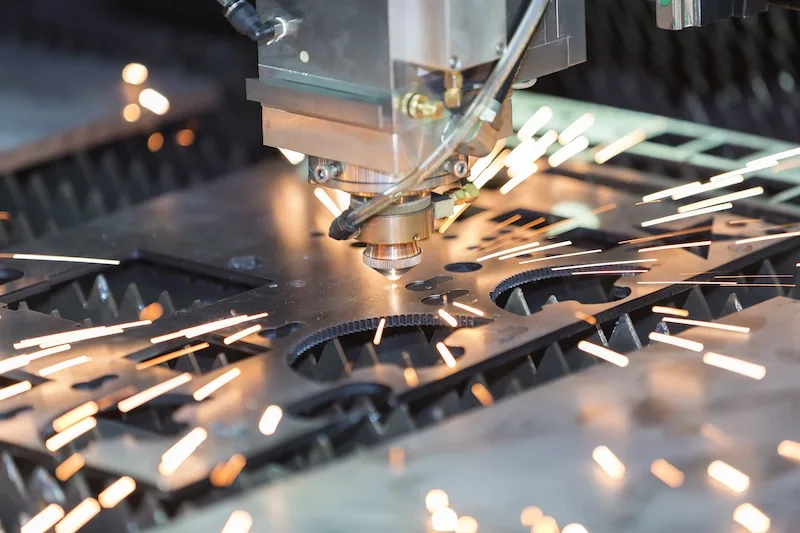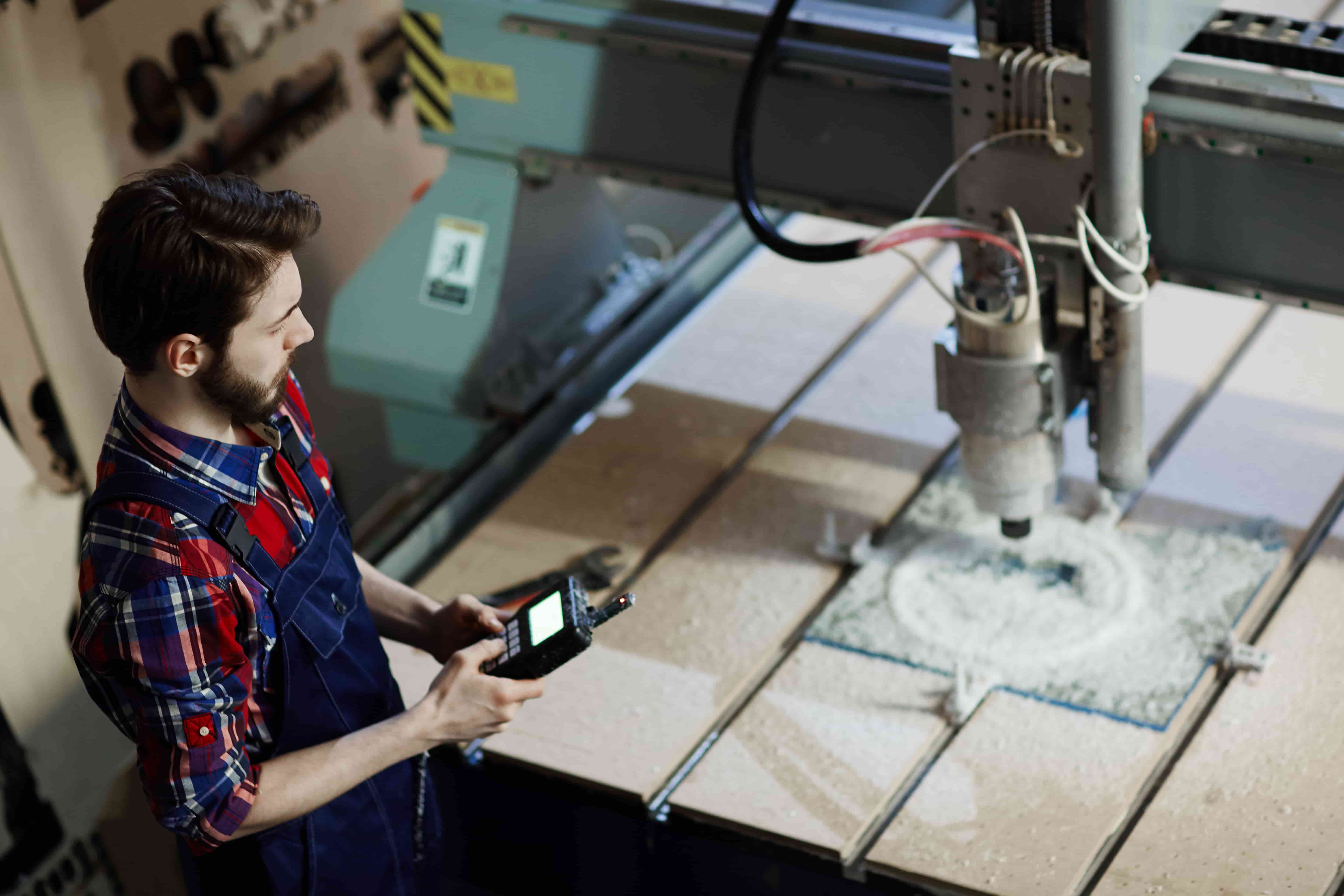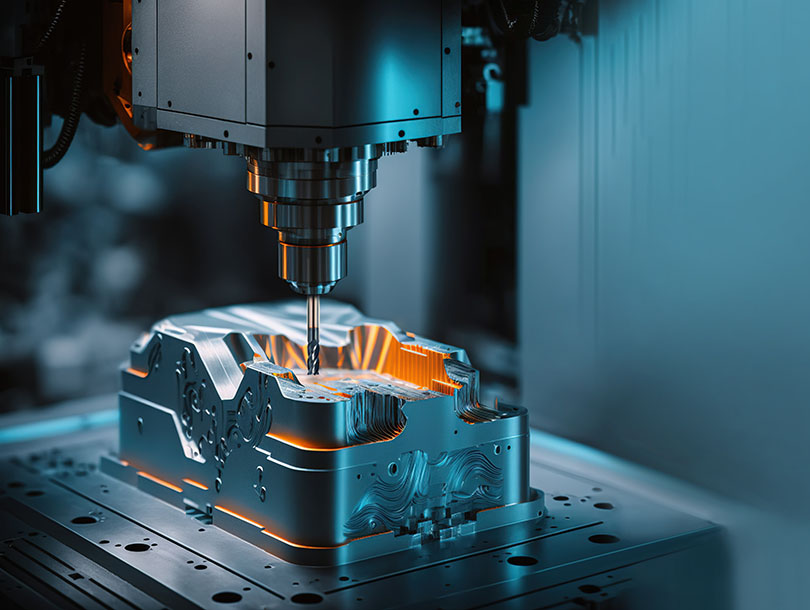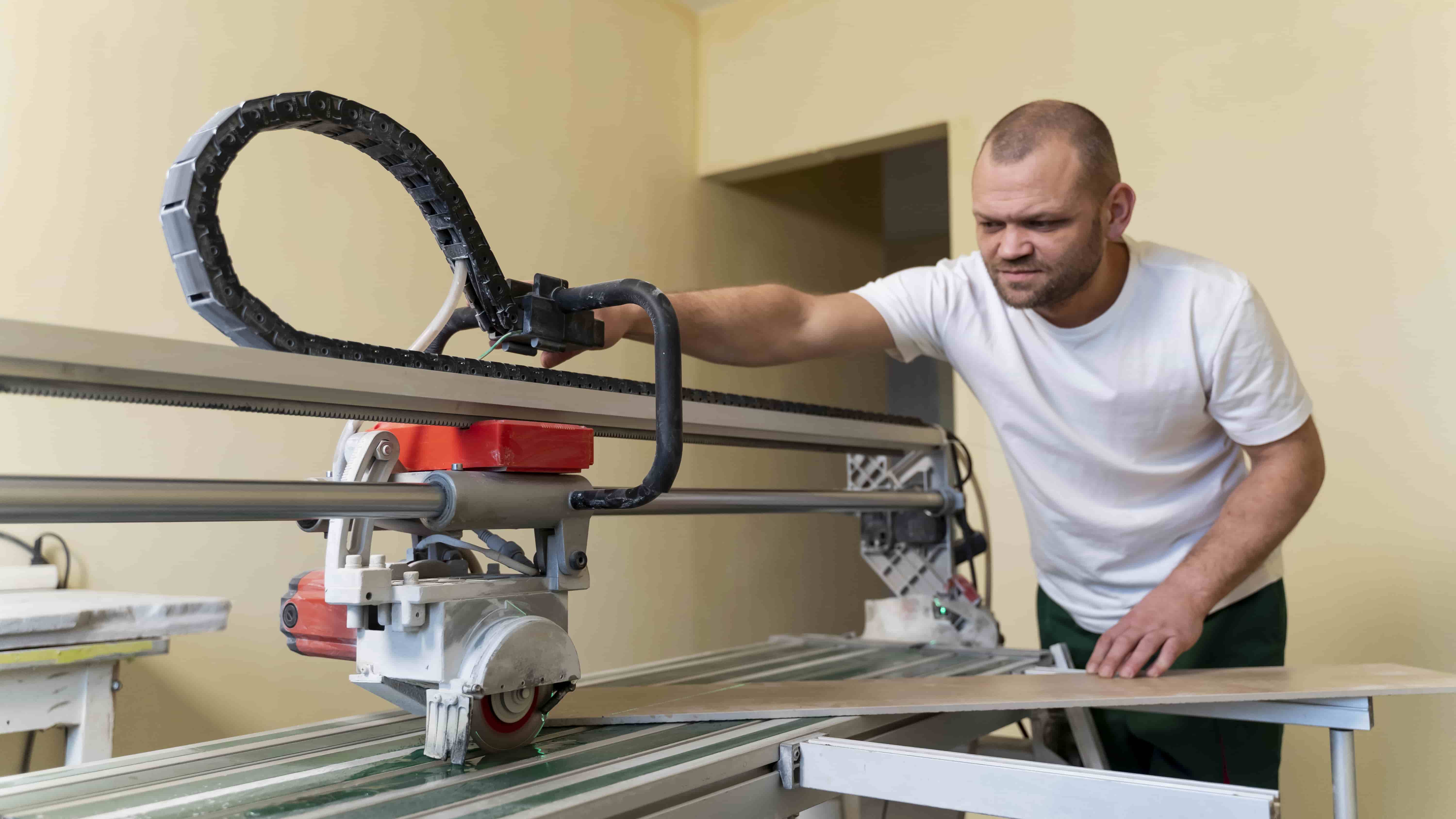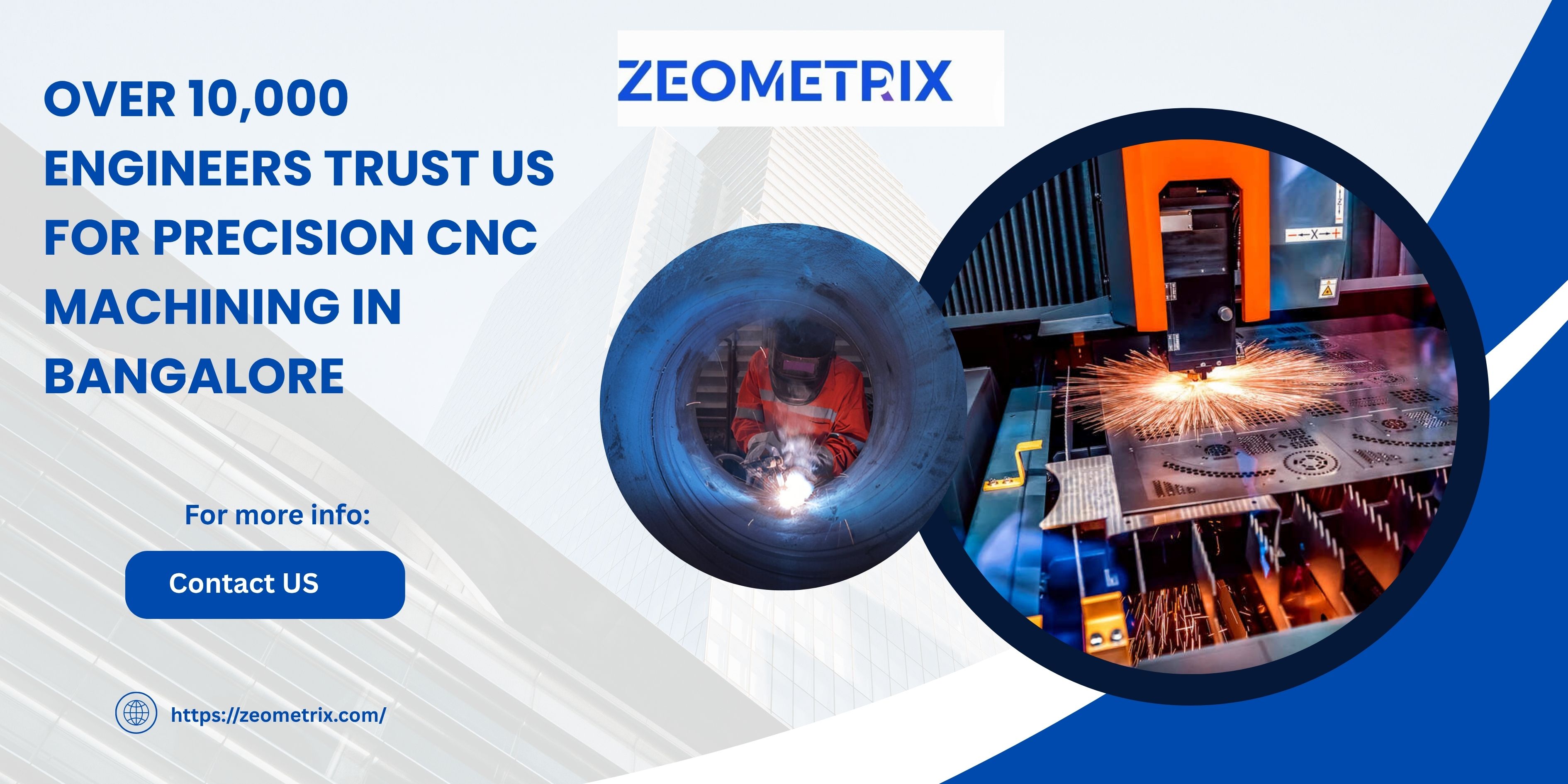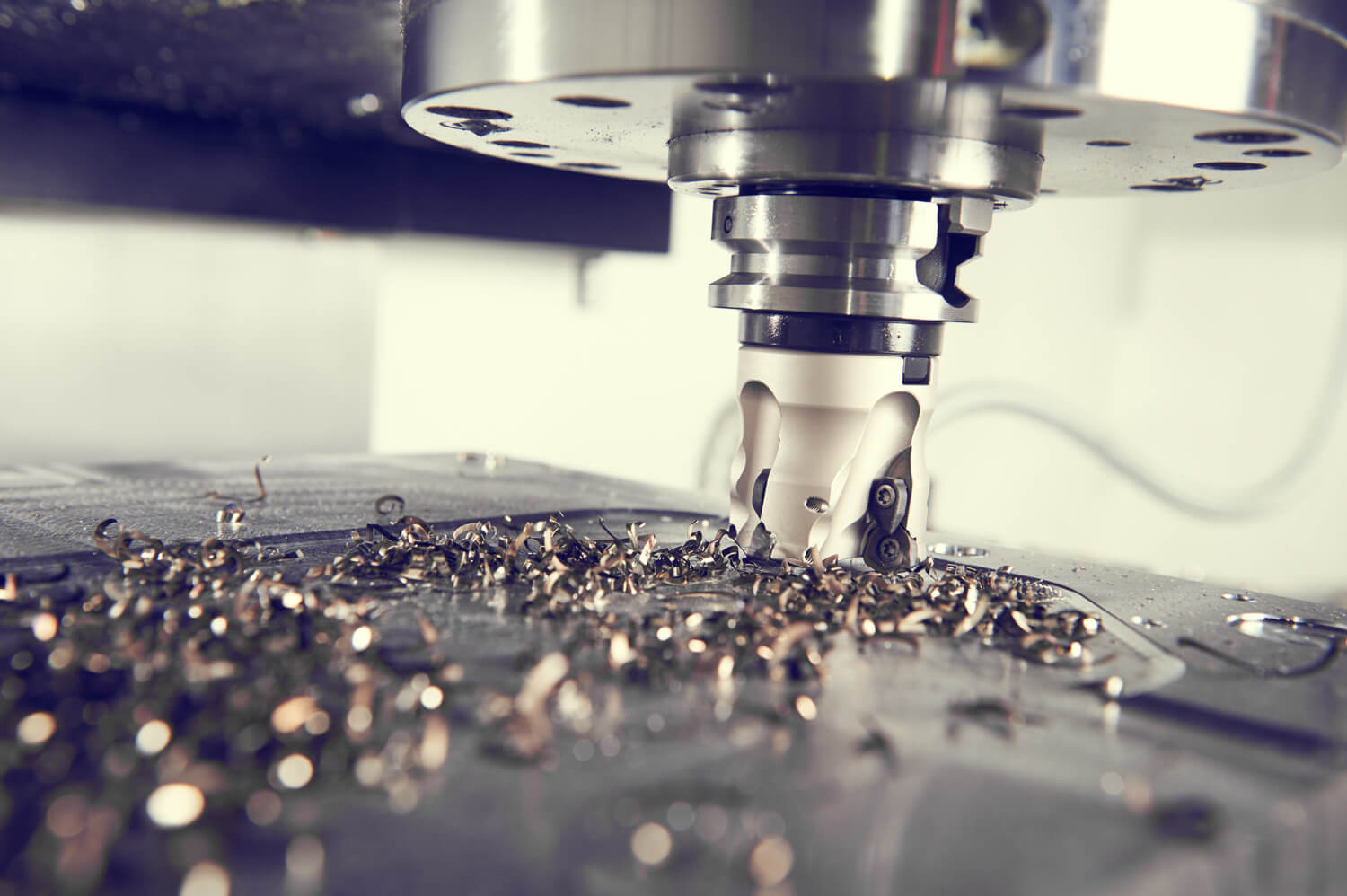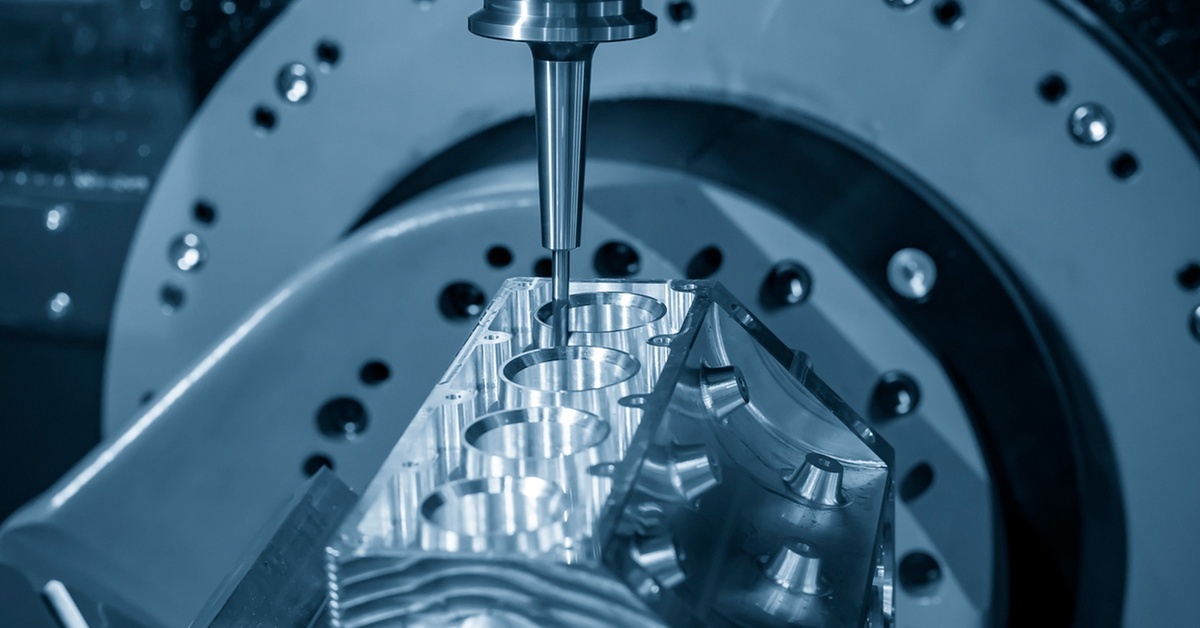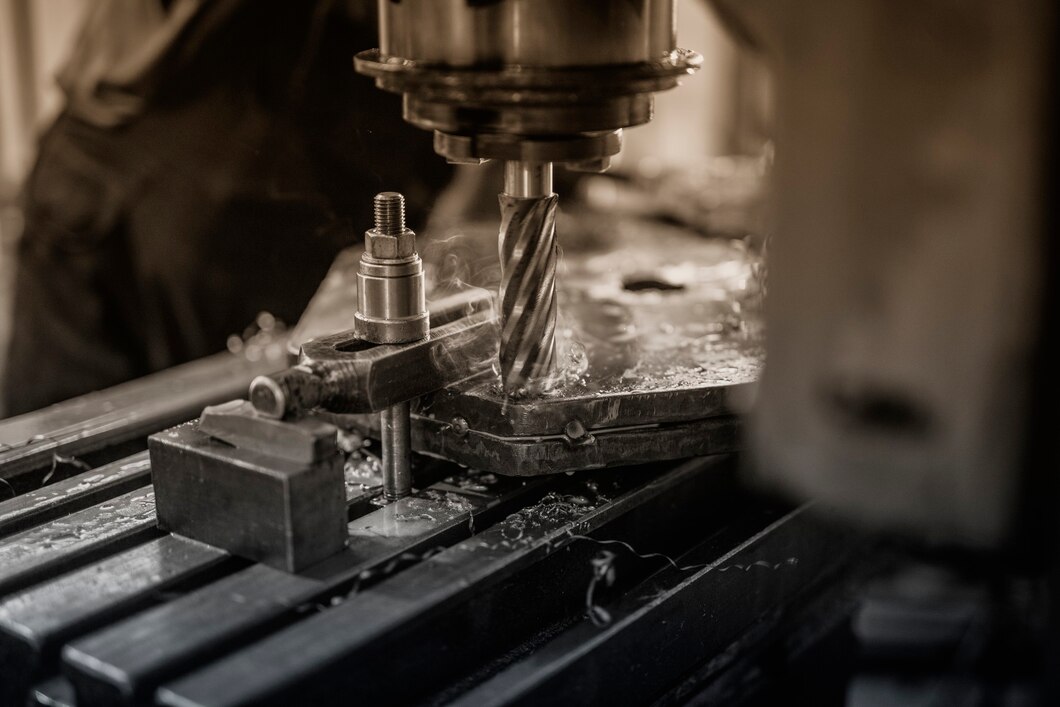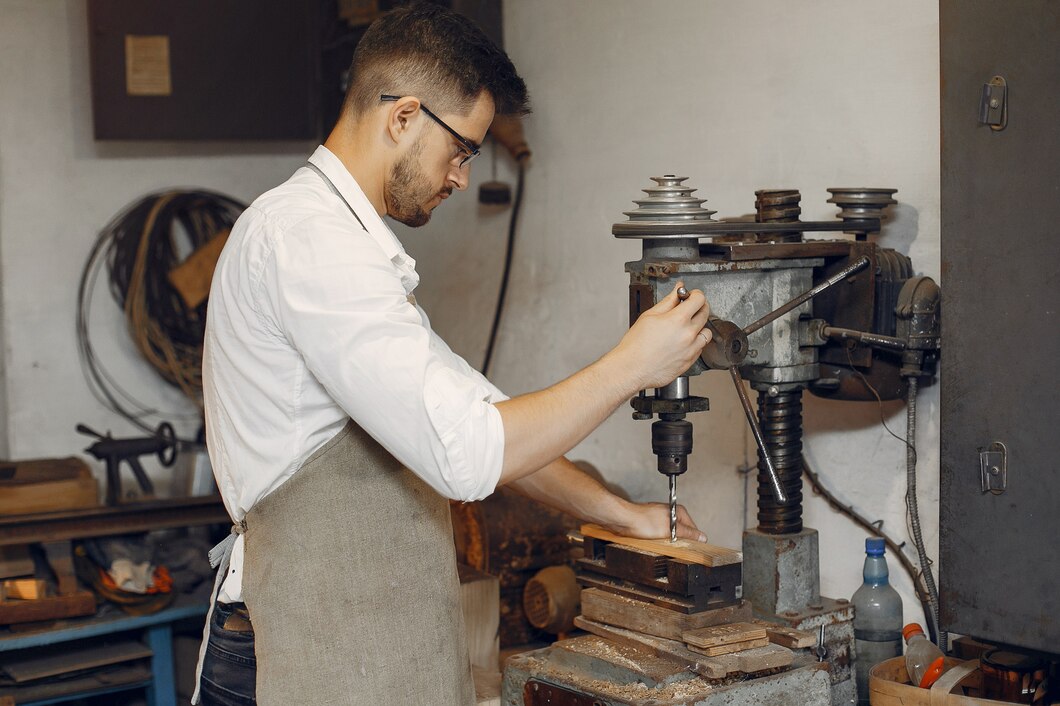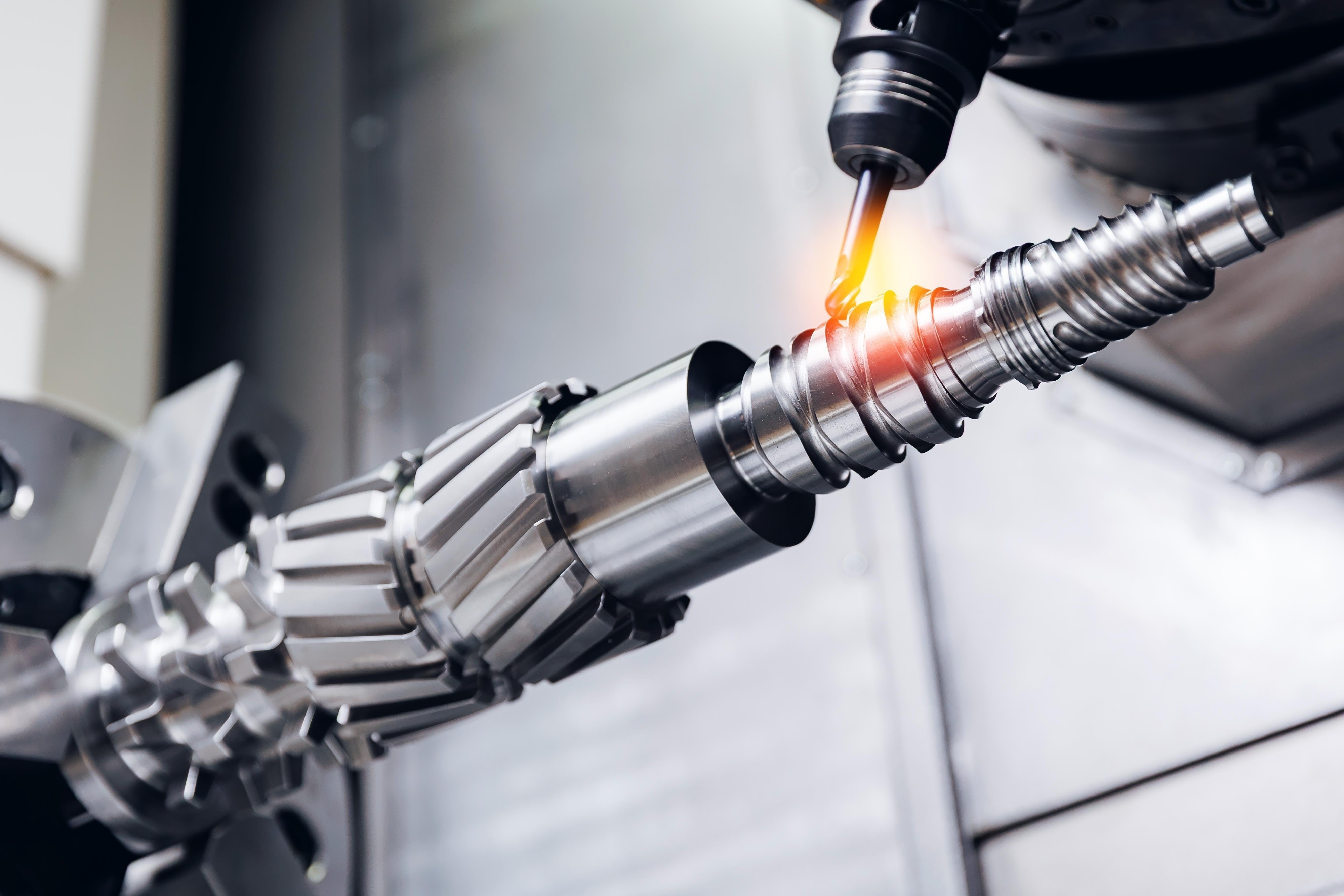Advanced CNC Machining Services | Milling, Turning & Drilling
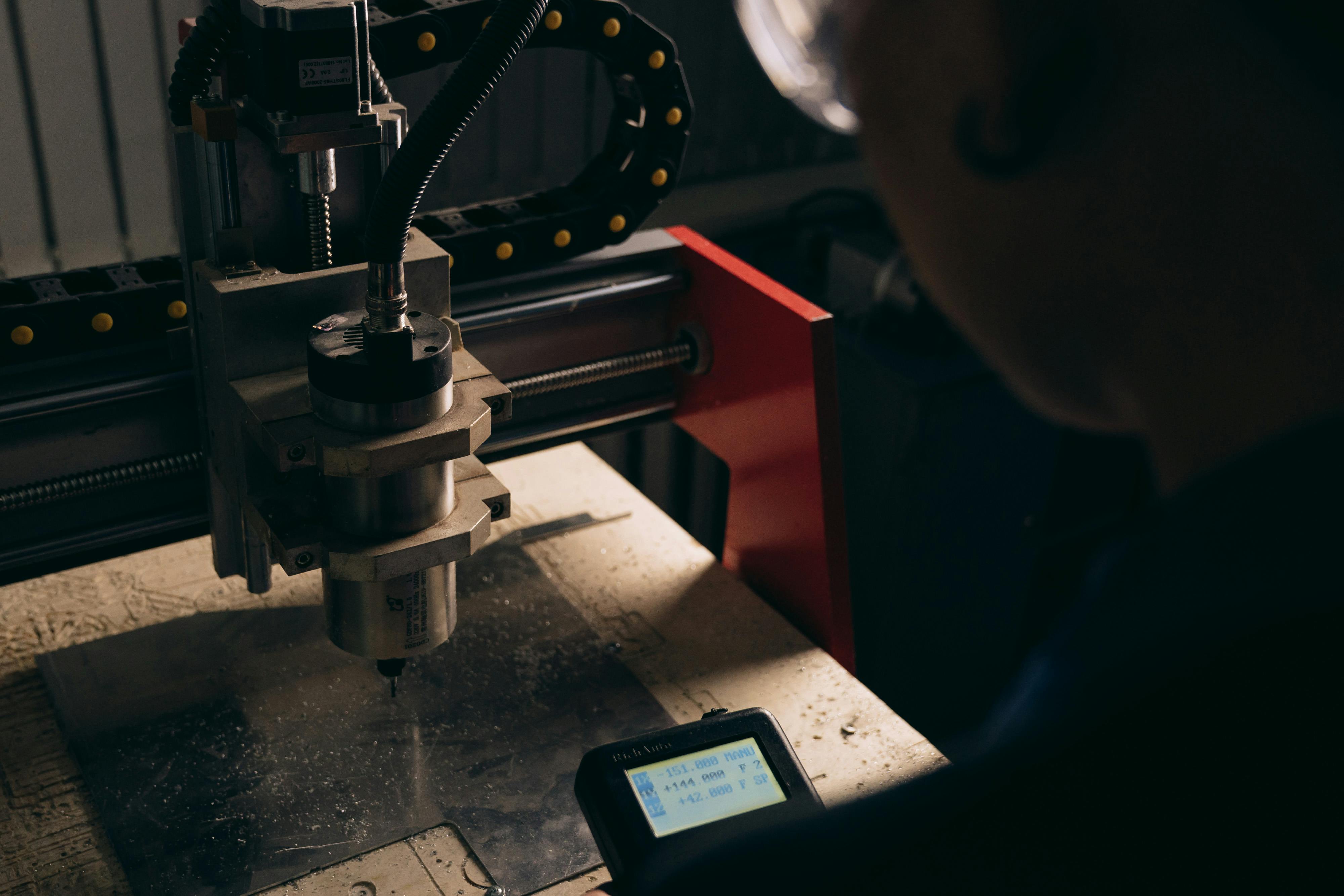
Advanced CNC Machining Services | Milling, Turning & Drilling
Introduction
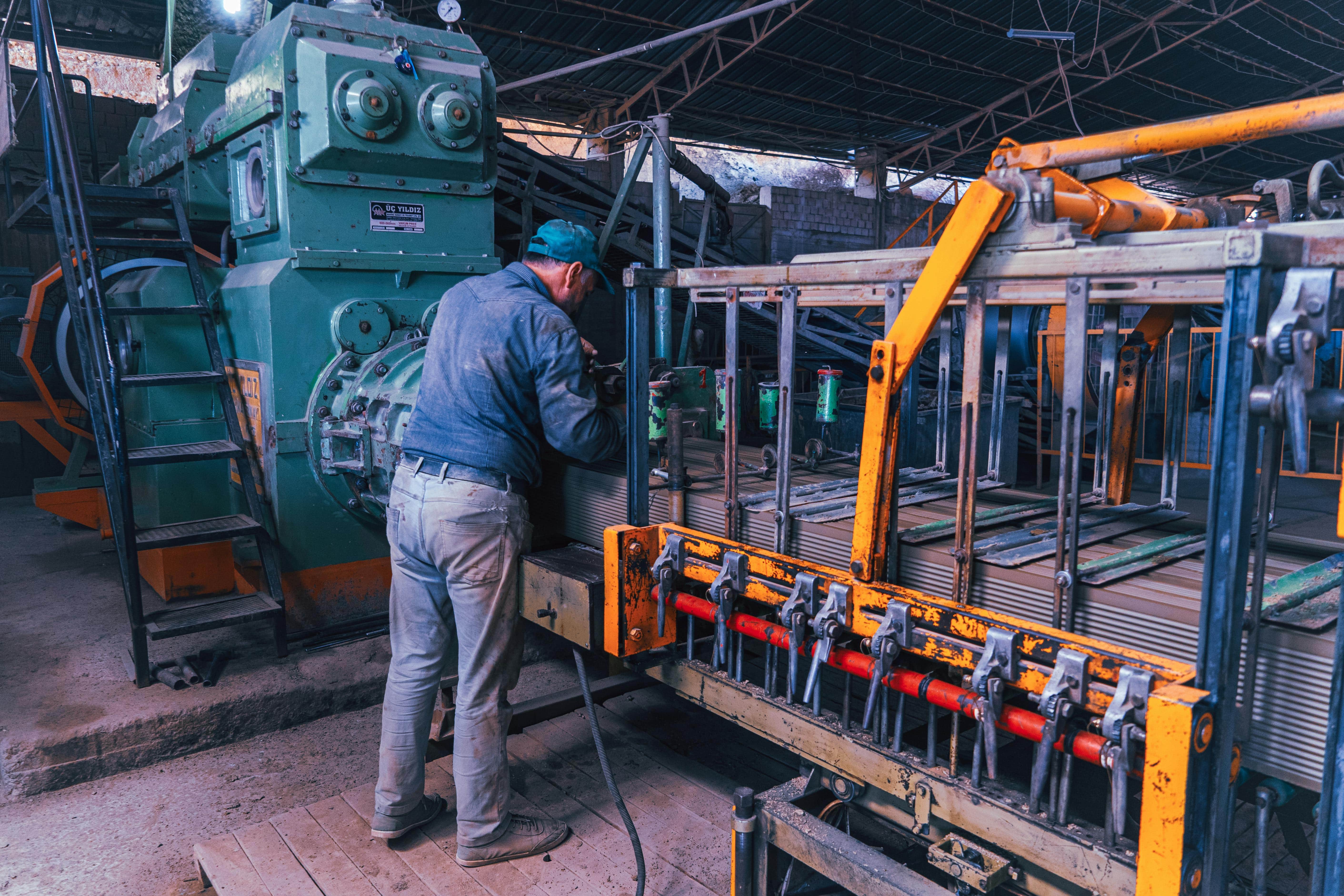
In modern manufacturing, precision and efficiency are the cornerstones of success. Industries such as aerospace, automotive, medical, and electronics demand components that meet exact specifications with minimal error. This is where Computer Numerical Control (CNC) machining services play a vital role. By combining advanced software with high-performance machinery, CNC machining enables manufacturers to produce parts with unmatched accuracy and speed.
Among the many CNC processes available, milling, turning, and drilling remain the most widely used and essential techniques. Together, they form the backbone of advanced manufacturing, shaping raw materials into critical components that power industries worldwide.
This blog explores the world of advanced CNC machining services, focusing on milling, turning, and drilling, while highlighting applications, advantages, challenges, and future trends.
What is CNC Machining?
CNC machining is a subtractive manufacturing process where material is removed from a workpiece using computer-controlled cutting tools. Unlike traditional manual machining, CNC machines rely on pre-programmed software instructions, ensuring consistency, repeatability, and high levels of precision.
The CNC workflow involves:
-
Designing the part in CAD (Computer-Aided Design) software.
-
Translating the design into machine-readable G-code using CAM (Computer-Aided Manufacturing).
-
Executing the program on CNC machines to cut, drill, mill, or turn the material.
This automation reduces errors, accelerates production, and allows manufacturers to create complex geometries that would be nearly impossible with manual machining.
Core CNC Machining Services
-min.jpg)
1. CNC Milling
CNC milling is one of the most versatile machining services. In this process, rotating cutting tools remove material from a stationary workpiece. Milling machines can work on multiple axes (3, 4, or even 5 axes), allowing intricate cuts and precise detailing.
Applications of CNC Milling:
-
Aerospace engine parts
-
Automotive gearboxes and transmission housings
-
Medical implants and prosthetics
-
Consumer electronics casings
-
Precision molds and dies
Benefits of CNC Milling:
-
Ability to create complex 3D shapes
-
High dimensional accuracy
-
Smooth surface finishes
-
Compatibility with a wide range of materials (steel, aluminum, titanium, plastics)
2. CNC Turning
CNC turning uses a lathe machine where the workpiece rotates while cutting tools remove material. This process is ideal for creating cylindrical or symmetrical parts. CNC turning can produce components with exceptional accuracy, particularly for shafts, rods, and bushings.
Applications of CNC Turning:
-
Automotive shafts and axles
-
Aerospace hydraulic components
-
Pipe fittings and valves
-
Industrial fasteners and couplings
-
Medical instruments
Benefits of CNC Turning:
-
High-speed production of round parts
-
Excellent repeatability for bulk production
-
Ability to create both external and internal features (threads, tapers, grooves)
-
Smooth, polished finishes suitable for functional and aesthetic use
3. CNC Drilling
CNC drilling specializes in creating precise holes in a workpiece using computer-controlled drill bits. It is often combined with milling and turning for complete machining solutions. Multi-axis drilling machines can perform operations at different angles and depths without repositioning the material.
Applications of CNC Drilling:
-
Aerospace structures requiring rivet holes
-
Automotive engine blocks
-
PCB manufacturing in electronics
-
Structural steel fabrication
-
Industrial machinery components
Benefits of CNC Drilling:
-
Accurate hole placement
-
High-speed drilling for mass production
-
Capability to handle varying diameters and depths
-
Reduced human error in repetitive drilling operations
Industries Benefiting from CNC Machining Services
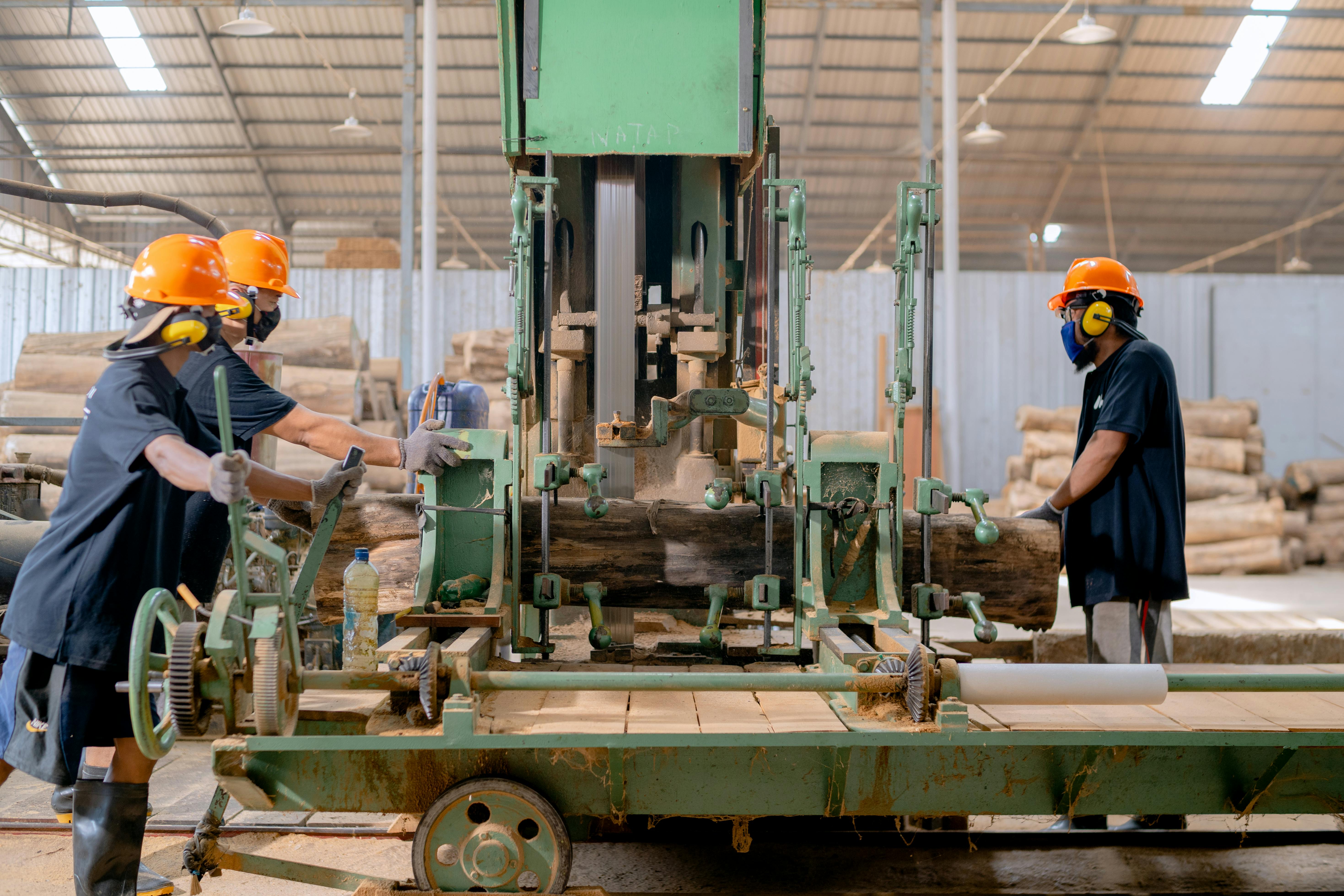
CNC machining services are a global enabler of manufacturing excellence. Key industries that rely on CNC milling, turning, and drilling include:
-
Aerospace & Defense: High-precision parts for engines, landing gear, and avionics systems.
-
Automotive: Engine components, drive systems, brake housings, and EV battery enclosures.
-
Medical Devices: Surgical instruments, orthopedic implants, dental tools.
-
Electronics: Enclosures, connectors, and micro-machined components.
-
Energy & Power: Turbine blades, oil & gas drilling equipment, renewable energy systems.
-
Industrial Equipment: Hydraulic systems, pumps, and heavy machinery parts.
Advantages of Advanced CNC Machining
-
Unmatched Precision – Tolerances within microns ensure consistent quality.
-
Efficiency & Speed – High-speed machining reduces production cycles.
-
Scalability – Perfect for both prototyping and mass production.
-
Material Flexibility – Works with metals, alloys, composites, and plastics.
-
Reduced Waste – Optimized toolpaths minimize raw material usage.
-
Complexity & Customization – Multi-axis machining allows for unique and intricate part geometries.
-
Global Standardization – CNC machines follow ISO and ASME standards, making them suitable for international projects.
Challenges in CNC Machining
Despite its many advantages, CNC machining faces certain challenges that manufacturers must overcome:
-
High Initial Investment – Advanced CNC machines are costly to purchase and maintain.
-
Skilled Labor Shortage – Operators must understand CAD/CAM, G-code, and material sciences.
-
Material Costs – Specialty metals like titanium and Inconel raise production expenses.
-
Complex Maintenance – Precision equipment requires continuous calibration and upkeep.
-
Competition from Additive Manufacturing – 3D printing is emerging as an alternative for prototyping and complex geometries.
Innovations Driving CNC Machining Forward
The future of CNC machining lies in digital transformation and automation. Emerging technologies include:
-
Multi-Axis Machining: 5-axis and even 7-axis machining enable complex geometries in fewer setups.
-
AI and Machine Learning: Predictive analytics optimize tool wear, cutting speeds, and error prevention.
-
IoT-Enabled Smart Factories: Real-time monitoring ensures efficiency and reduces downtime.
-
Hybrid Manufacturing: Integration of CNC machining with additive manufacturing for greater flexibility.
-
Automation & Robotics: Robotic arms integrated with CNC machines for 24/7 lights-out production.
-
Eco-Friendly Machining: Coolant recycling systems and energy-efficient machines reduce environmental impact.
Delivering Excellence Through CNC Services
Advanced CNC machining services go beyond simply cutting and shaping materials. Delivering engineering excellence requires a holistic approach that includes:
-
Design Support – Collaboration between engineers and clients to optimize manufacturability.
-
Prototyping & Testing – Rapid prototypes to validate designs before mass production.
-
Quality Assurance – CMM (Coordinate Measuring Machines), laser scanning, and ISO-certified QA processes.
-
Supply Chain Integration – On-time delivery through streamlined logistics and vendor partnerships.
-
Customer-Centric Solutions – Custom machining tailored to unique industry requirements.
Sustainability in CNC Machining
As industries strive for greener operations, CNC machining is evolving to reduce its environmental footprint:
-
Material Recycling – Metal chips and scrap are collected and reused.
-
Energy-Efficient Machines – New-generation CNC machines consume less power.
-
Coolant Optimization – Eco-friendly coolants reduce chemical waste.
-
Lean Manufacturing Practices – Reduced waste and optimized workflows improve sustainability.
Sustainability not only meets environmental regulations but also reduces operational costs in the long run.
The Human Factor in CNC Machining
While CNC machining is largely automated, human expertise remains essential. Skilled engineers, programmers, and machinists bring:
-
Deep understanding of design-to-production workflows.
-
Ability to troubleshoot complex machining challenges.
-
Continuous process improvement through innovation.
-
Safety oversight and compliance with regulations.
Training and upskilling programs are crucial for ensuring that the next generation of machinists can harness the full potential of CNC technologies.
Conclusion
Advanced CNC machining services are transforming global manufacturing by delivering precision, speed, and versatility across industries. With milling, turning, and drilling as its core processes, CNC machining enables the production of parts that power everything from medical implants to aerospace engines.
As technology evolves, the integration of AI, automation, and sustainable practices will further enhance CNC machining’s capabilities. Companies that embrace these innovations while maintaining engineering excellence will lead the way in the competitive manufacturing landscape.
In the end, CNC machining is not just about shaping materials—it’s about shaping the future of modern engineering and industry.
